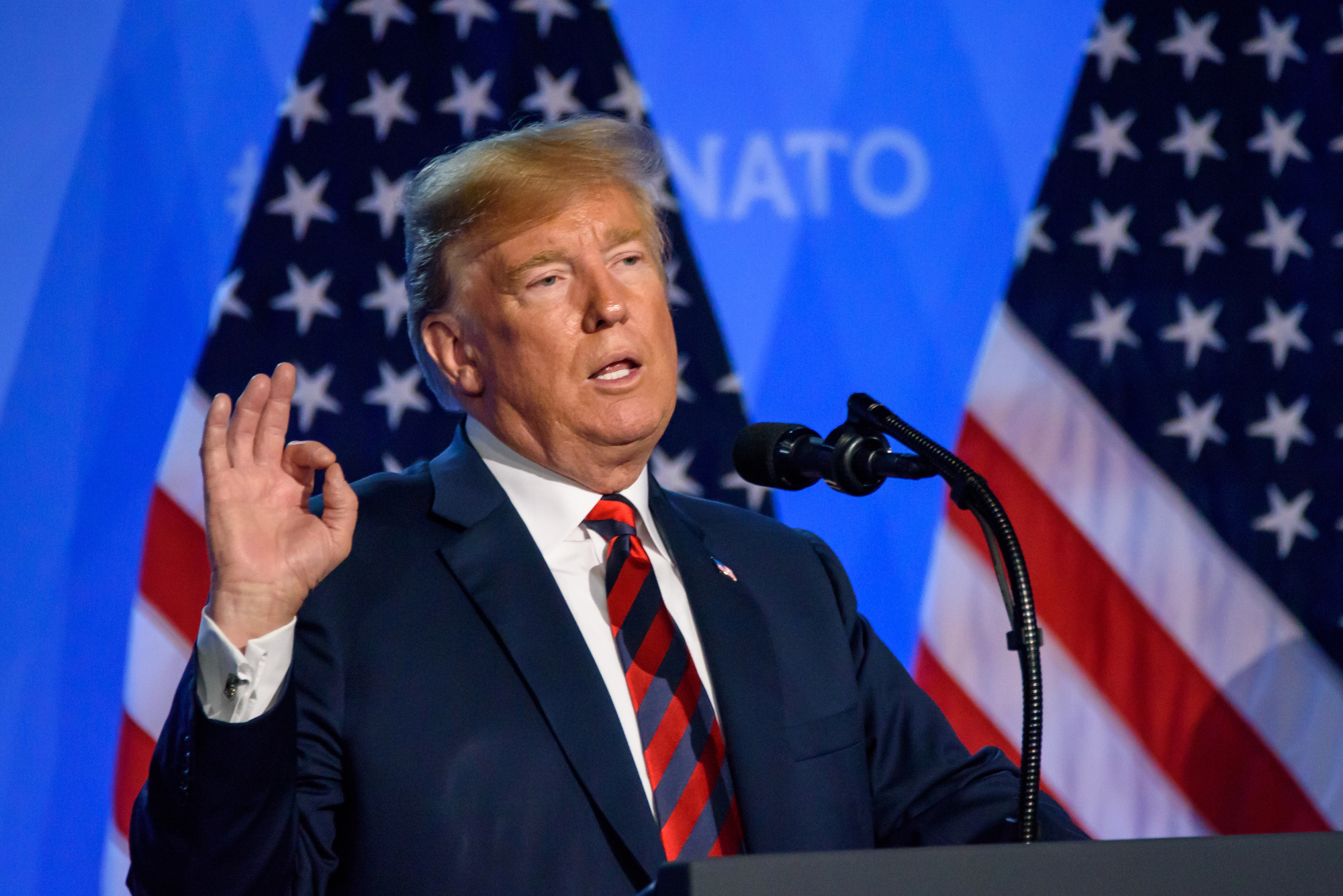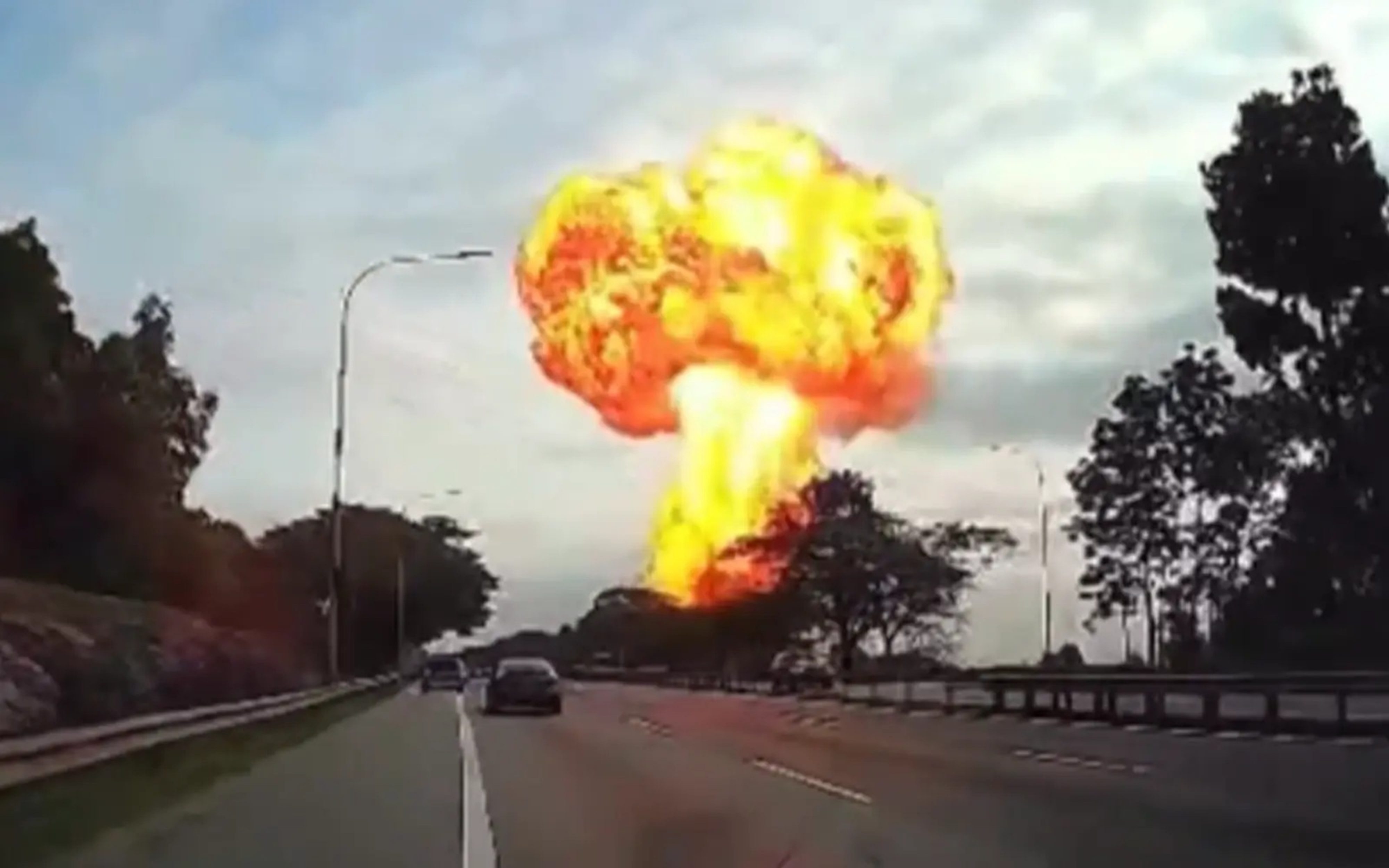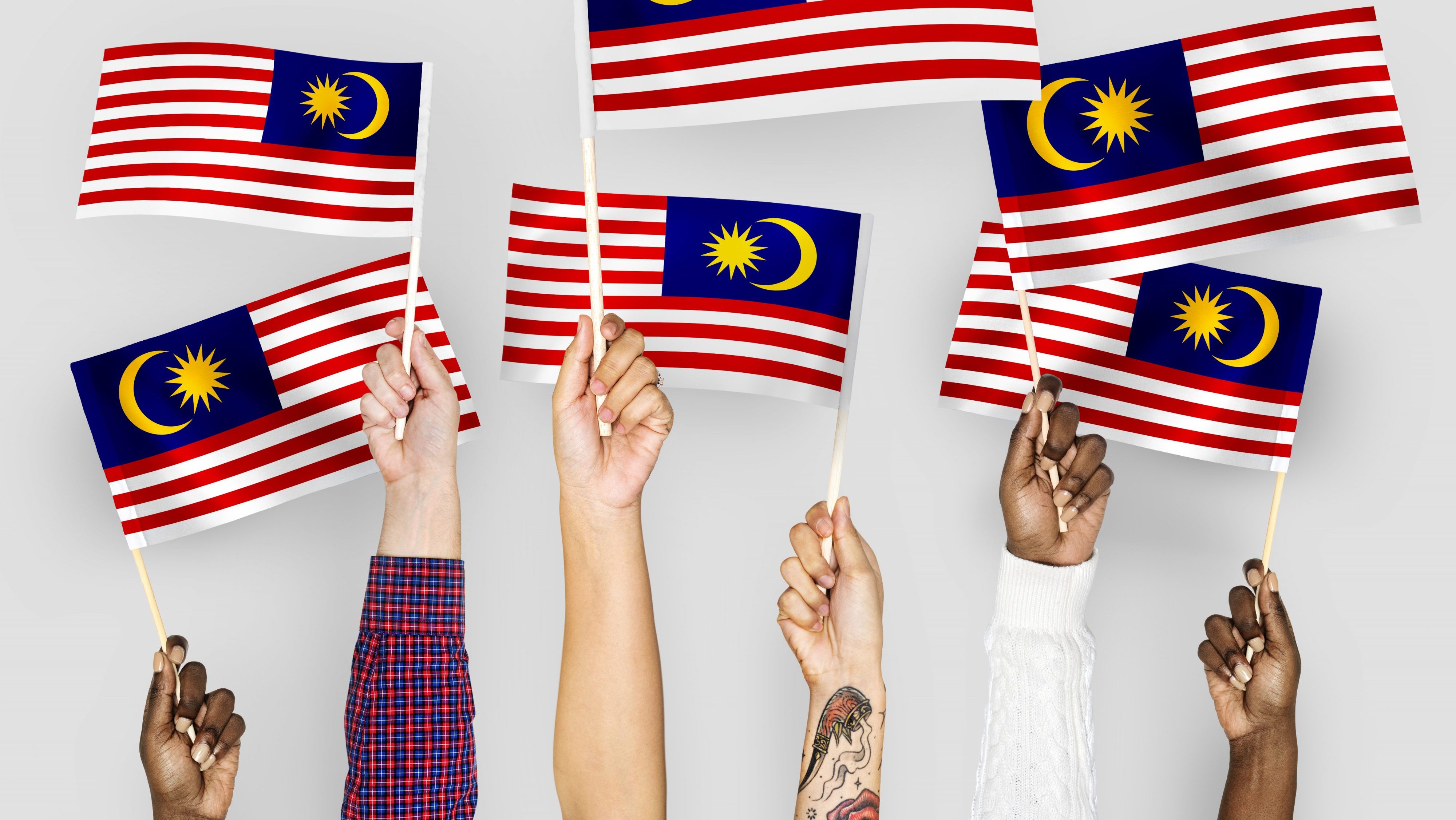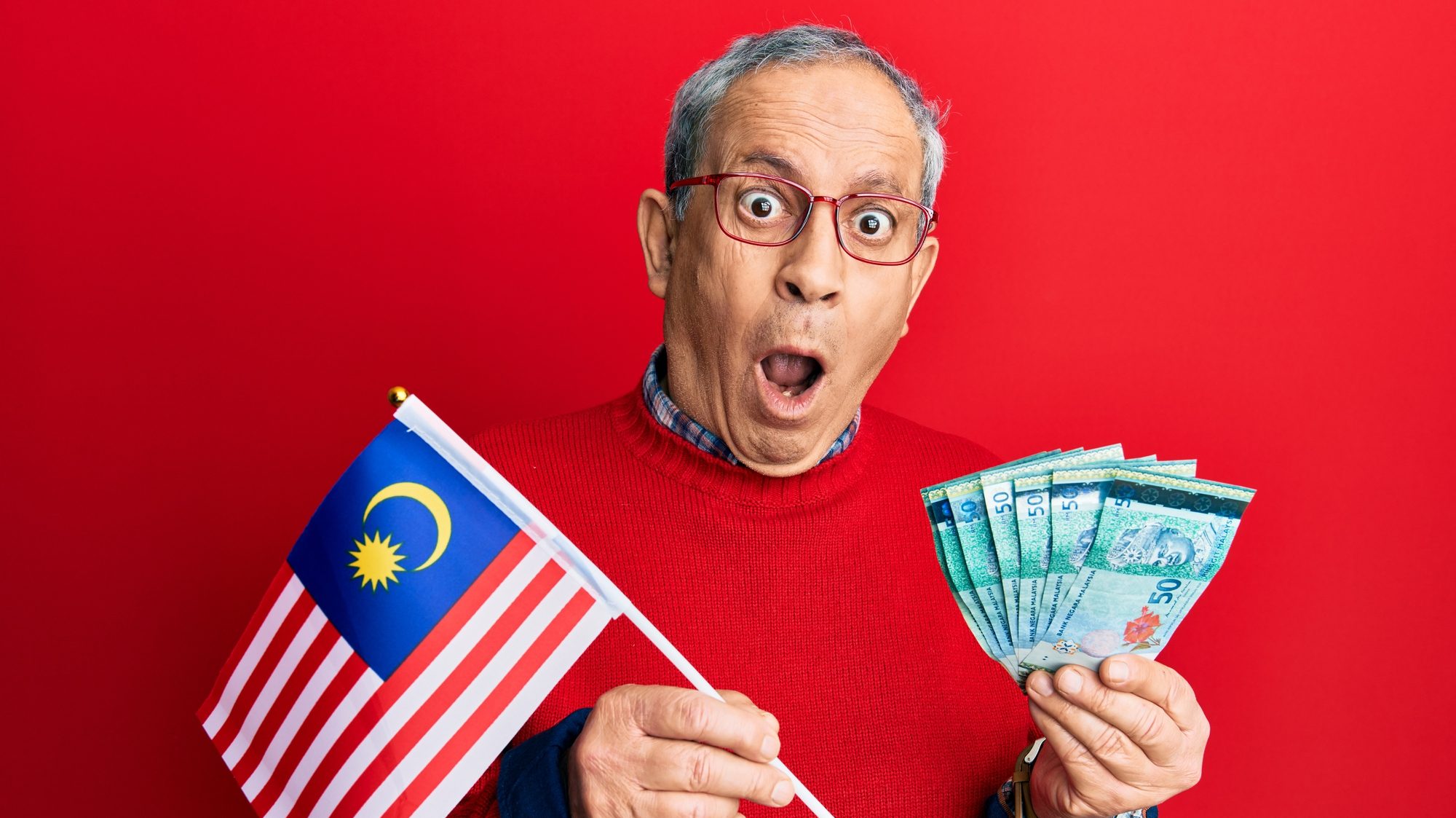
OPINION | Has the office of the head of state become something Singaporeans joke about and is not taken seriously?
This week has been an exciting week in terms of speculation as to who will contest the office of the elected presidency. In the last election, ahem, walkover, Madam Halimah got the post by virtue of being the only qualifying candidate. At that time, her “victory” raised the ire of some Singaporeans who felt cheated out of voting for Dr. Tan Cheng Bock. Some even called Madam Halimah, “Tan Cheng Block”.
As the time for the selection of the new elected President drew closer, some speculated that the estranged brother of Prime Minister Lee Hsien Loong, Lee Hsien Yang might contest. That was of course put swiftly to an end when it was announced that the younger Lee was still under investigation in relation to the ongoing saga concerning the will of their late father, former Prime Minister Lee Kuan Yew.

Some even speculated that Madam Halimah might stay on despite her saying she would not contest another term. Now, of course, we have official news – Peoples’ Action Party (PAP) stalwart Mr Tharman Shanmugaratnam has thrown his hat into the currently vacant ring.
Why is the office of the Elected Presidency (EP), a position with no real power, so seemingly contentious? And, are all of the criteria and the candidates needing to be minorities perceived as shambolic, thereby eroding public trust?
Is it because the late Ong Teng Cheong tried to perform his role diligently and wanted further information on the national reserves? This seems to be the only time when any real public conflict between the PAP was laid bare for all to see. Of course, Mr Ong had resigned from the PAP before assuming the role of the EP, the same way Madam Halimah did and the same way Mr Shanmugaretnam will. But in reality, when Mr Ong took on the EP, everyone still assumed and saw him as part of the PAP. It was the same with Madam Halimah, and it will be the same if Mr Shanmugaratnam assumes the role.

So, despite all the trappings of the EP being above party politics and separate from the PAP, is it really meant to be separate under the surface? Added to this, what is the point of having such a well-paid ceremonial role with no real power?
With all the various criteria imposed, one could be mistaken to think that we are selecting someone to actually run the state! Ok, one can argue that we need the EP to ensure that minorities have a guaranteed role to play. But if so, why do we need all these other lofty criteria such as directorships etc.? Surely, any minority without a criminal record and perhaps a demonstrated history of public engagement (such as charity work) will qualify?
Also, what then if Mr Shanmugaratnam wins the election (assuming another Chinese candidate enters the ring and that it is not a walkover)? If so, this would mean that Singaporeans are now much more progressive and are able to vote for who they like, irrespective of race. This would mean that all of the PAP’s arguments about needing various things to protect minority representation in public life might no longer hold water.
All of the discussions about the EP have bolstered the dire need for there to be strong opposition within Parliament among some Singaporeans. The Workers’ Party (WP) remains the only opposition party that currently has elected seats in Parliament. The WP is also the only party outside of the PAP to have ever successfully won and held onto Group Representation Constituencies (GRCs) – no mean feat given the bad press they received over the Aljunied Hougang Town Council debacle. Yet, despite these David versus Goliath victories, their numbers are still very small compared to the ruling PAP, and they are not able to vote meaningfully on policy issues.
The WP has recently talked about this, explaining the need for the WP to have more seats in order to make meaningful changes in Singapore. Some Singaporeans have expressed frustration at the lack of progress made by opposition parties and have publicly wished for all the opposition parties to join forces to mount a successful challenge against the PAP.
However, will this really help matters?
What is the end goal?
Is it to topple PAP for the sake of it, or is it to provide truly meaningful alternatives?
If it is the former, then nothing long-lasting will ever come out of it. All of our alternative parties have different agendas, and that is as it should be. For example, the Singapore Democratic Party (SDP) and the Progress Singapore Party (PSP) have vastly different ideologies. If they were to merge just to challenge the PAP, and even if they were to succeed, this would be a recipe for future deadlocks and infighting. An election victory like this would be short-term and pointless.
It seems to me that Singaporeans need to think about what it is they really want out of their political engagement and to be objective and clear about it.




